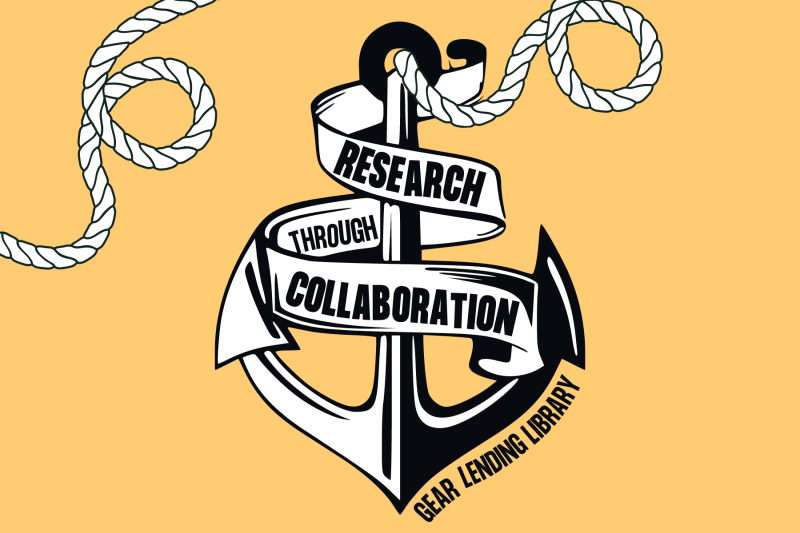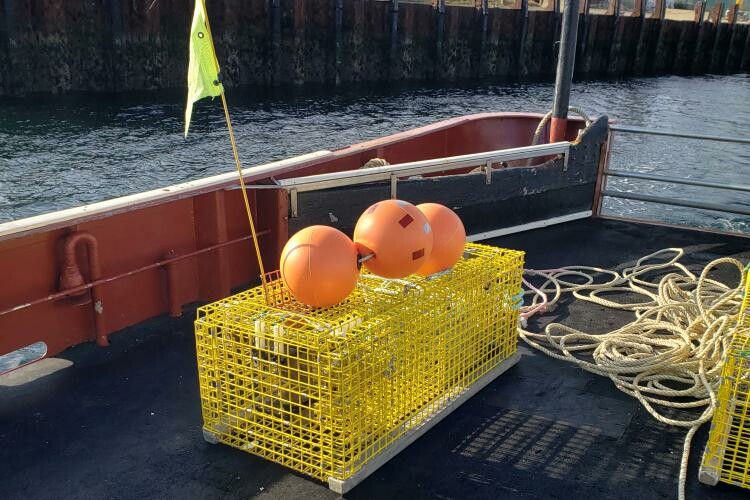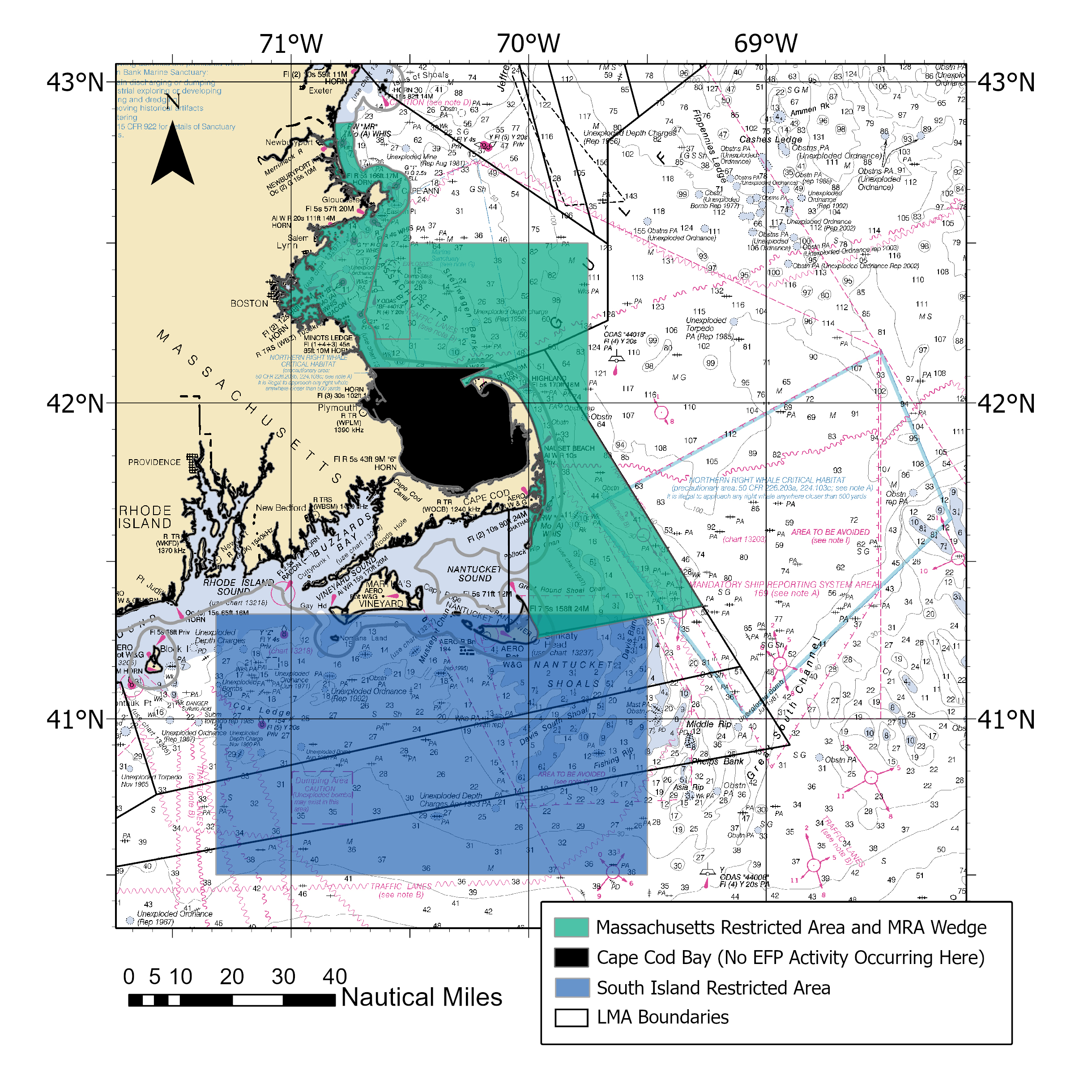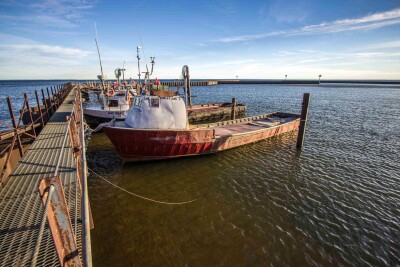In the coming weeks, up to 30 New England commercial trap and pot fishing vessels will be involved in testing experimental on-demand gear systems – so-called ropeless gear that the National Marine Fisheries Service hopes could be one long-term solution to reduce the danger of whale entanglement in vertical trap lines.
The cooperative program with NMFS and its Northeast Fisheries Science Center began on Feb. 1 and continues through April 30, in areas closed to vertical lines and buoys to reduce entanglement risk.
The federally permitted trap vessels will fish up to 10 trawls each, using different designs of on-demand gear, activated by acoustic signals for retrieval, in federal waters of the South Island Restricted Area and the Massachusetts Restricted Area while those areas are otherwise closed to lobster and Jonah crab gear that use vertical lines.
“During this time, on-demand trap/pot gear set on the bottom will not be marked at the water’s surface because on-demand gear does not have surface buoys,” according to a fisheries science center summary of the experiment plan.
To help test boats relocate their gear – and let other vessels know that traps are on the bottom – the testing program is also using “gear marking systems that use GPS points or alternative subsurface markings for relocation,” according to the summary. “To visualize the gear positions and orientations of trawls, interested mariners can purchase and download the EdgeTech Trap Tracker app on the Apple or Google Play app stores with any smartphone or tablet. This app will allow users to ‘see’ gear within 5 nautical miles of the set.”
Identifying and locating on-call fishing gear is critical to avoiding gear conflicts and safety concerns notes a Massachusetts Division of Marine Fisheries feasibility study.
“In New England, a variety of fixed and mobile gear fisheries co-exist in the same area, and gear conflicts are a serious concern with on-call fishing gear systems that we will evaluate in this project,” according to the DMF paper.
“The development of a virtual gear marking system is necessary before on-call fishing gear techniques can be implemented outside of an experimental scale. In order to reduce costly and potentially deadly gear conflicts, information about the position and orientation of on-call fishing gear-equipped gear must be reliably available in real-time to all fixed and mobile gear fishermen in the area.”
Other procedures are intended to reduce the risk of gear conflicts. One addition is a custom-designed flag for test vessels to identify them to other vessels and law enforcement patrols.

"Our short-term goal is to support the deployment of on-demand gear systems in circumstances that minimize the potential for gear conflict while allowing fishing to continue,” according to the agency. “We are committed to working with stakeholders to achieve such a result.
“Ultimately, for on-demand fishing gear to meet conservation goals for marine mammals and to support fishing on a large scale, it must move beyond an experimental stage. NOAA Fisheries is also committed to working with fishery management authorities to consider the regulatory changes needed to allow the use of on-demand fishing gear without an exempted fishing permit.”
Researchers have set specific goals for the three-month testing program:
- Demonstrate successful retrievals of multi-trap trawls using proven acoustic releases on a variety of experimental on-demand components
- Collect additional operational data on fishing without static vertical lines, gear location awareness, operational efficiency, cloud storage, and data sharing.
- Assess and improve the ease and accuracy of data collection.
- Provide feedback and recommendations to on-demand gear manufacturers and others in related industries, such as database developers and those working on geolocation technologies, who can use this information to improve and increase performance of their products under commercial fishing conditions.








